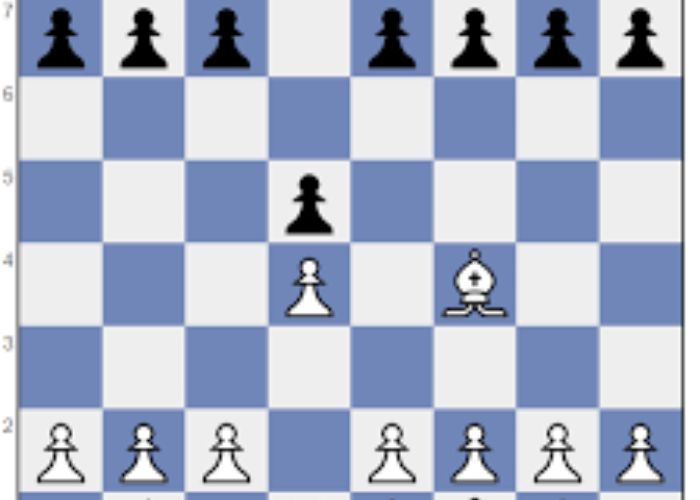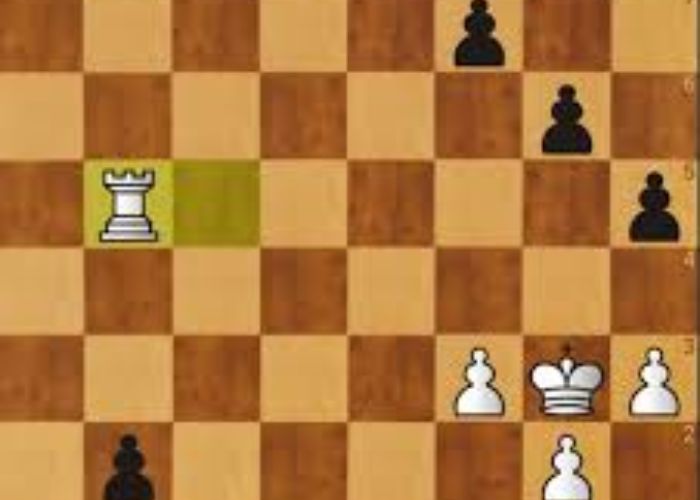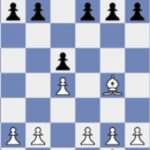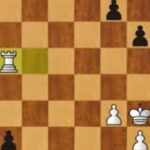Advanced Chess Insights
Mark Dvoretsky: Great Chess Authors, Part 7 | Chess Essentials
After mostly choosing authors for this series who geared their writings for beginners and intermediate players, let’s discuss an author on the opposite end of …
Read moreFree Download 9 Burning Chess Questions And Answers
Chess is a board game that people have liked for a long time. But it might be hard for people who are new to the …
Read moreChess Endgame Technique 1
Chess players often forget about the endgame, which is where they turn their hard-won advantages into wins. A lot of thought goes into the main …
Read moreAnalysis and Tools
Comprehensive Chess Learning

Mark Dvoretsky: Great Chess Authors, Part 7 | Chess Essentials
After mostly choosing authors for this series who geared their writings for beginners and intermediate players, let’s discuss an author on the opposite end of …





